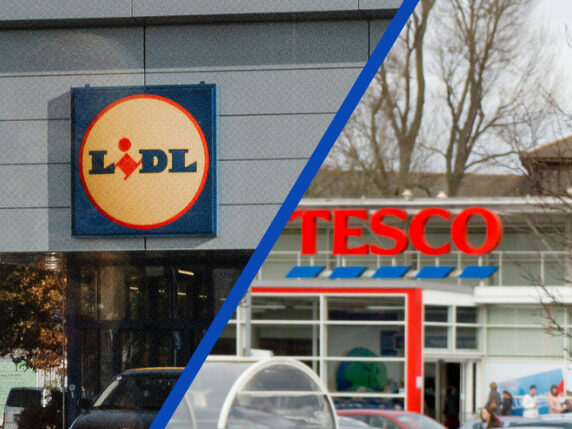Millions of people are expected to use Buy Now Pay Later options as a way to finance their spending this Christmas. And a recent report indicated the estimated growth in the sector is staggering.
Around £320 billion was spent using BNPL last year but, by 2025, this is predicted to surge to £650 billion - a rise of 92 per cent.
Businesses of all sizes, ranging from global retail chains to sole traders operating on Facebook are now using services like Klarna and ClearPay, and when used properly, they are a great tool for businesses and customers alike.
But anyone considering implementing this means of payment into their business-model need to keep a number of factors in mind.
Here John Pauley, a financial services solicitor at Harper James Solicitors, provides some key pointers on BNPL.
‘Buy Now Pay Later is fast emerging as a great way for many retailers to get extra customers who might not normally be able to afford to purchase goods. And the reality is the majority of customers go on to repay without any issues at all.
‘BNPL loans can be either unregulated or regulated, so before you set off it is important to pause and understand exactly what you are offering to customers. Remember you must adhere to strict guidelines in order to avoid offering a regulated consumer credit product. And it is a criminal offence to provide consumer credit without appropriate authorisation from the Financial Conduct Authority.
‘One question to ask yourself is this: will you offer the product yourself or through a third-party lender with the appropriate expertise and/or authorisation?
‘If you are offering unregulated BNPL, you need to be mindful of recent guidance from the Advertising Standards Authority and be clear to customers about the nature of the product.
‘Be transparent about the potential impacts it could have if they are unable to pay for any reason, e.g. on their credit file (and the associated sharing of data with credit bureau).
‘You also need to put clear guidelines in place over what happens in the case of returns and refunds. A quick glance at social media shows many businesses using BNPL have experienced issues in this area. Also be clear with customers about how their data may be used both upfront (eg through credit and identity checks) and over the course of the agreement, (like sharing with credit bureau).
If you are providing regulated BNPL, then you must either become authorised or work with a partner who is.’







